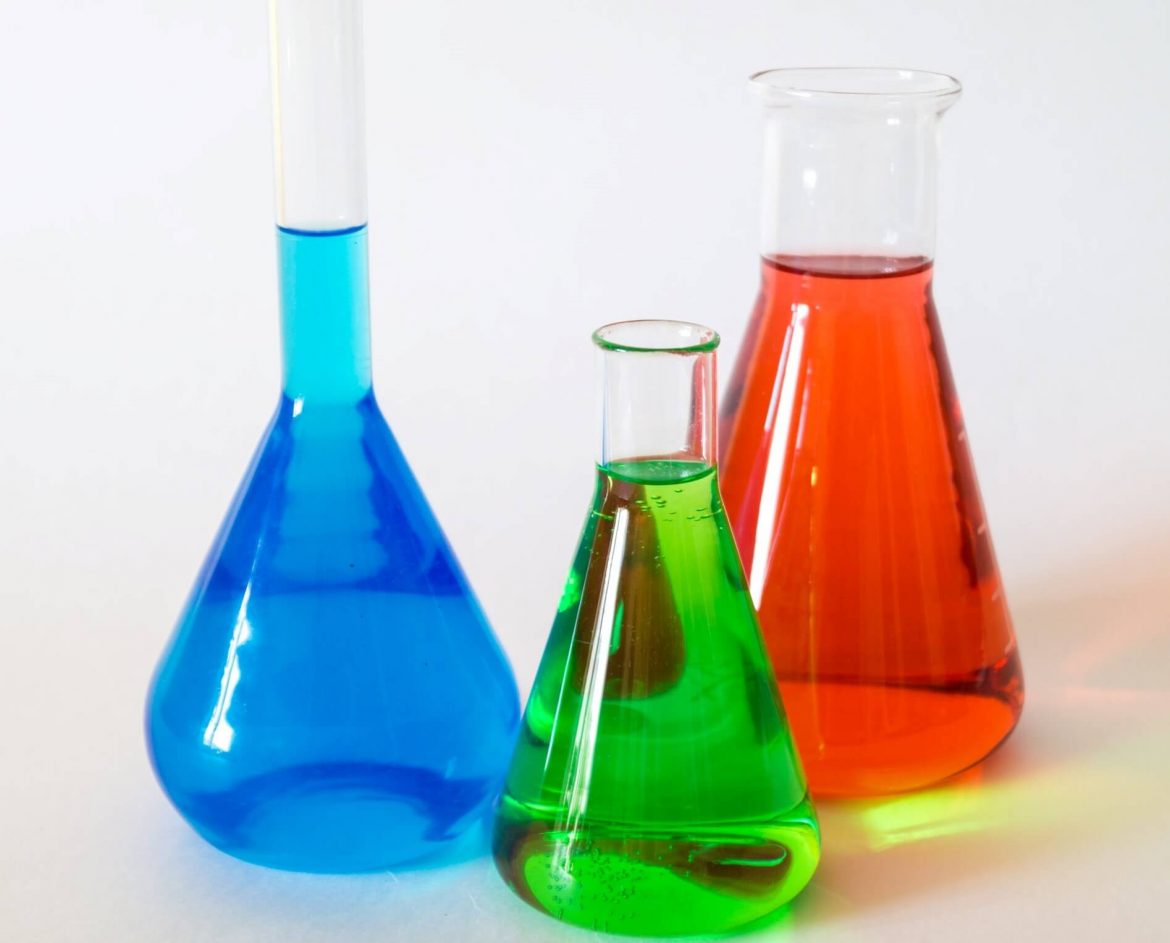In the realm of science, the question Are chemicals toxic to humans? is a complex one that requires a nuanced understanding of chemistry, biology, and environmental science. The answer is not a simple yes or no, but rather a spectrum of possibilities that depend on various factors such as the type of chemical, the dosage, the duration of exposure, and the individual's health status.
Chemicals, by definition, are substances formed from different elements. They are the building blocks of everything in the universe, including our bodies. However, not all chemicals are created equal. Some are essential for life, while others can be harmful or even deadly. The toxicity of a chemical is determined by its structure, reactivity, concentration, and the biological system it interacts with.
One of the key principles in toxicology is that the dose makes the poison. Even water, which is vital for life, can be toxic if consumed in excessive amounts. On the other hand, some chemicals that are generally considered toxic, like arsenic, can be beneficial in very small doses. Therefore, it's not just the presence of a chemical that determines its toxicity, but also the dose and duration of exposure.
Moreover, the route of exposure also plays a significant role in a chemical's toxicity. For instance, some chemicals may be harmless when ingested but can cause harm when inhaled or absorbed through the skin. Additionally, certain chemicals may not be toxic themselves but can become harmful when they interact with other substances in the body.
Individual health status is another critical factor in determining a chemical's toxicity. People with compromised immune systems or pre-existing health conditions may be more susceptible to the harmful effects of certain chemicals. Furthermore, genetic factors can influence how an individual metabolizes and responds to different chemicals.
In the context of environmental exposure, it's important to note that many chemicals we encounter daily, such as those in air pollution, household products, and food, can accumulate in the body over time. This bioaccumulation can lead to chronic health effects, including cancer, neurological disorders, and reproductive issues.
In conclusion, the question Are chemicals toxic to humans? cannot be answered with a simple yes or no. The toxicity of a chemical is a complex interplay of its properties, the dose and duration of exposure, the route of exposure, and individual health status. Therefore, it's crucial to understand these factors and take appropriate measures to minimize harmful exposures.


